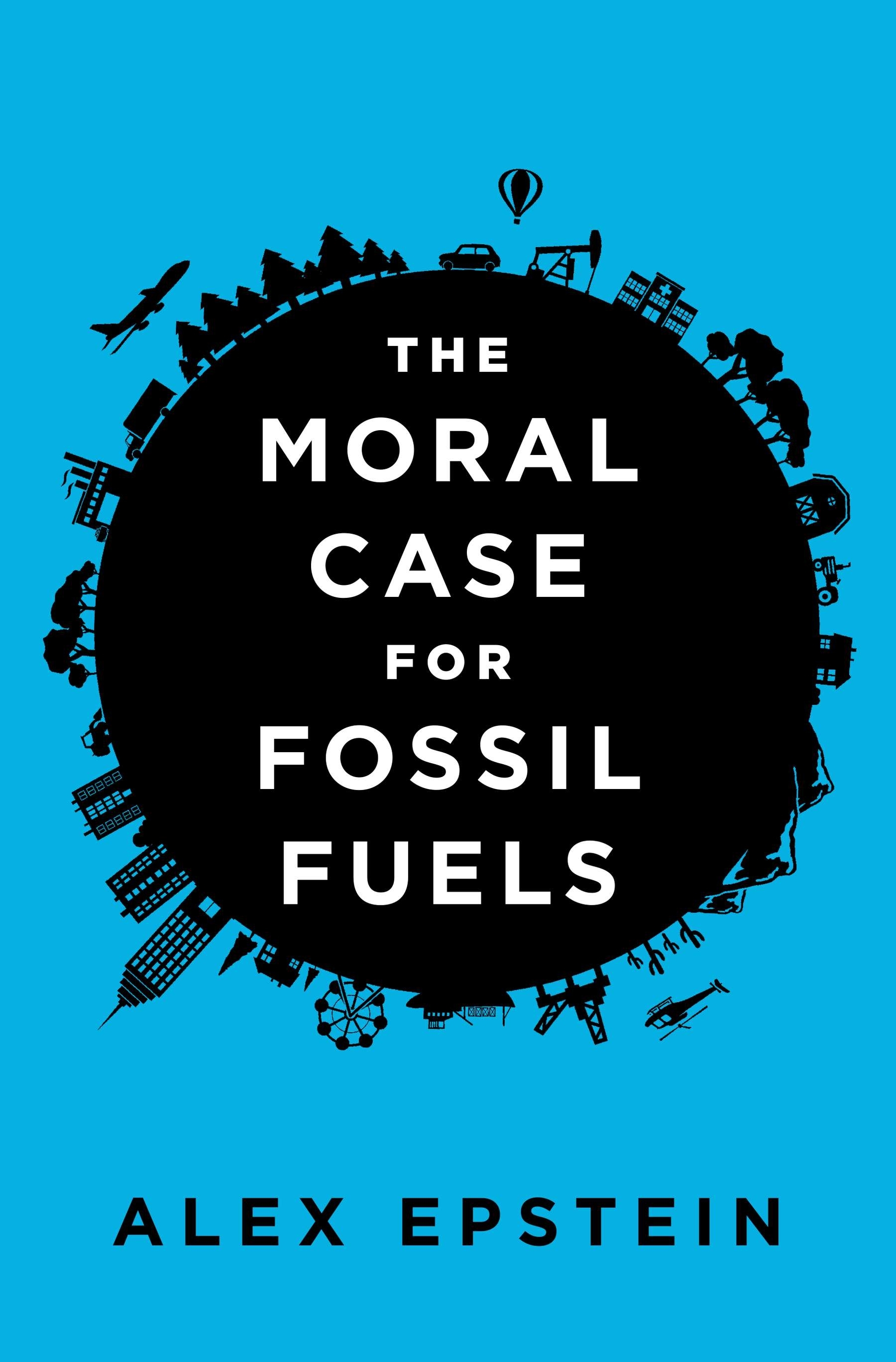Guest post by Patrick Michaels
“I am at war with the Perfect Planet Premise: the dogma that human impact can only make the
planet worse. Overwhelmingly it makes it better… The environmental benefits of using fossil
fuels far outweigh the risks. Fossil fuels don't take a naturally clean environment and make it
dirty; they take a naturally dirty environment and make it clean. They don't take a naturally safe
climate and make it dangerous; they take a naturally dangerous climate and make it ever safer.”
- Alex Epstein
 In his new book The Moral Case for Fossil Fuels energy expert Alex Epstein argues that we are only hearing one side of a critical story. We are taught to think only of the negatives of fossil fuels, not their positives — their ability to provide cheap, reliable energy for a world of seven billion people. The moral significance of cheap, reliable energy, Epstein illustrates, is woefully underrated. Energy enables us to improve nearly every single aspect of life, whether economic or environmental, and if we look at the big picture of fossil fuels compared with the alternatives, the impact of fossil fuels is to make the world a far better place.
In his new book The Moral Case for Fossil Fuels energy expert Alex Epstein argues that we are only hearing one side of a critical story. We are taught to think only of the negatives of fossil fuels, not their positives — their ability to provide cheap, reliable energy for a world of seven billion people. The moral significance of cheap, reliable energy, Epstein illustrates, is woefully underrated. Energy enables us to improve nearly every single aspect of life, whether economic or environmental, and if we look at the big picture of fossil fuels compared with the alternatives, the impact of fossil fuels is to make the world a far better place.
Epstein confronts the most common myths about fossil fuels: they are dirty, unsustainable, and harm the developing world. Drawing on original insights and cutting-edge research, Epstein offers facts to the contrary. Fossil fuels take a naturally dirty environment and make it clean; they take a naturally dangerous climate and make it safer; the sun and wind are intermittent, unreliable fuels that always need backup from a reliable source of energy — usually fossil fuels; and, fossil fuels are the key to improving the quality of life for billions of people in the developing world. Calls to “get off fossil fuels” are calls to degrade the lives of innocent people who merely want the same opportunities we enjoy in the West.
Will The Moral Case for Fossil Fuels become the Silent Spring of its time? Decide for yourself after hearing Alex Epstein discuss this powerful, highly innovative book.
Patrick J. Michaels is the director of the Center for the Study of Science at the Cato Institute.
This post first appeared at the Cato at Liberty blog.
No comments:
Post a Comment